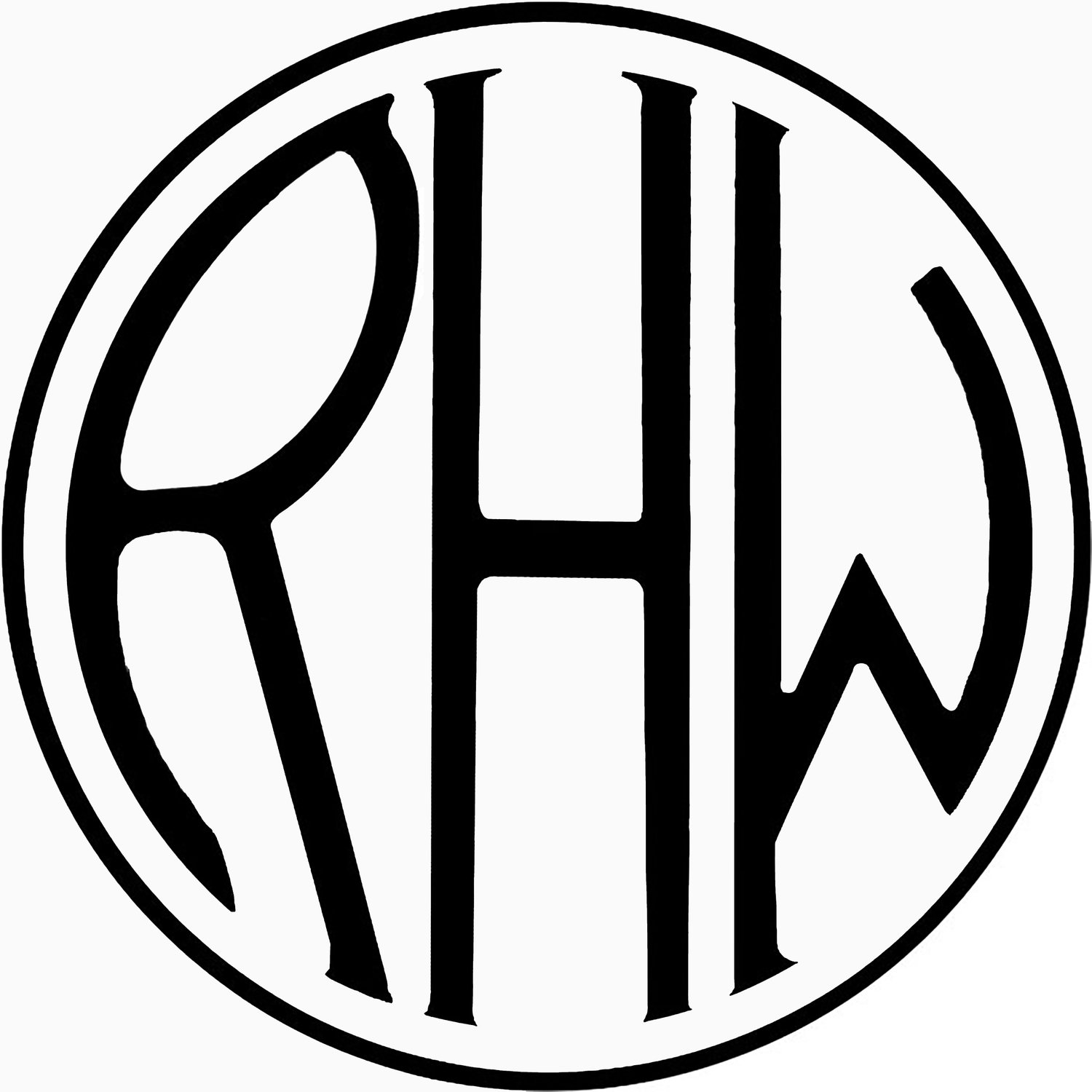Responsibility vs Accountability
Responsibility - tasked with and able to respond to or carry out an action or event.
Accountability - being in charge of or answerable for, or be liable for, or blamed for an action or event. Ownership of the outcome of an action or event. Positive outcomes result in rewards, while negative outcomes come with costs or penalties.
I enjoyed driving our 1926 Model T pickup for almost two full years before I received a driver’s license. One summer day, I believe it was 1965, I asked Brent Sugden to follow me in his dad’s Pontiac toward the St Mary River bridge northeast of Cardston, so that he could measure the top speed of our old Fliver using the speedometer in his dad’s car. On the way out of town I managed to get the truck up to 55 mph. On the journey back, into the wind and slightly up hill, the speed was much slower. As we neared town the engine started making a faint knocking noise. By the time I arrived at our “Shop” it was making so much noise that Dad erupted from the parts department yelling at me to shut it down. “You’ve thrown a rod”, he screamed.
I was responsible for breaking the engine.
I pulled the truck in front of the machine shop doors and Dad sent me up the hill on the other side of the creek to fetch “The Bootlegger”.
The Municipality of Cardston was “dry”, meaning alcohol could not legally be sold in the area, but there was one fellow on the hill who was known to have an ample supply. He was also the best Model T mechanic in town. I was afraid of The Bootlegger but I reluctantly climbed the hill to talk with him about my broken Model T. I was responsible for breaking the engine but my only accountability was overcoming fear and embarrassment to ask the Bootlegger for help. I would have been even more accountable if I had crawled under the truck and learned how to fix what I broke. It was dad who was ultimately accountable because he was the one who paid the Bootlegger.
You have a choice of how you respond to and account for your mistakes, and also the actions of others. You can choose to act, or be acted upon.
Here is an accountability formula that has worked for me.
• It is not about the other person
• It is up to me to fix the problem
• What can I learn from this, and
• How will it change my life?
Blaming someone else for your problems, even if they are the cause, doesn’t make your life better. This is really important. Blaming someone else for your problems, even if they are the cause, doesn’t make your life better. It is only when you own the problem and are accountable for it that you cease to be a victim and take control of your success.
Simply admitting responsibility for a problem does not fix anything. Fixing a problem is sometimes really, really difficult. The reward for fixing the problem is increased strength of character, improved self-confidence and self-worth.
Don’t blame others, fix the problem and apply what you learn to make your life better.
Instead of retaliating or seeking revenge apply your energy to improving your own life.
Application
Has someone done something to hurt you? Apply the four steps above, refuse to be a victim and keep control of your life.
Is there a mistake you have made for which you can take responsibility now rather than suffering greater embarrassment or liability later? Have faith that life will be better if you own up to the mistake now.
There is an excellent talk on this subject by: LYNN G. ROBBINS of the Presidency of the Seventy August 22, 2017 • BYU Devotional He speaks of the freedom that comes from accepting responsibility and forgiving others. It is a long talk given at BYU Education Week but it is worth the listen. Break it up into TiKTok sized bites and see if you can write down one idea from each bite.
https://speeches.byu.edu/talks/lynn-g-robbins/be-100-percent-responsible/
NotebookLM Podcast - 25 October 2024 - click below

